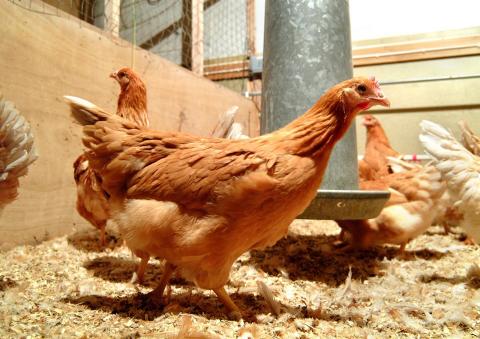A new study presented at the year’s American College of Allergy, Asthma and Immunology (ACAAI) Annual Scientific Meeting reveals that it makes sense to do the same with eggs.
14 of 2237 surveys (0.6%) reported egg allergy at one year and 11 of 1379 surveys (0.8%) reported egg allergy at 6 years. Children with egg allergy at 1 year-old and 6 years-old had less frequent egg consumption at 5, 6, 7 and 10 months of age.

“We examined infant feeding and food allergy data from birth to 6 years, collected by 2237 parent surveys in the Infant Feeding Practices Study II conducted by the CDC and US-FDA,” said Allergy and Immunology Fellow Giulia Martone, MD, ACAAI member and lead author of the study. 1379 participants had complete food allergy data to 6 years. “We found that children who hadn’t had egg introduced by 12 months were more likely to have egg allergy at 6 years.”
“Egg allergy is the second most common food allergy throughout the world,” said Xiaozhong Wen, MD, PhD, senior author and principal Investigator of the study. “Current evidence suggests that early introduction of egg during infancy, followed by consistent and frequent feedings, seems protective against development of egg allergy. We are still investigating optimal timing of infant egg introduction and frequency of feeding.”






Comments